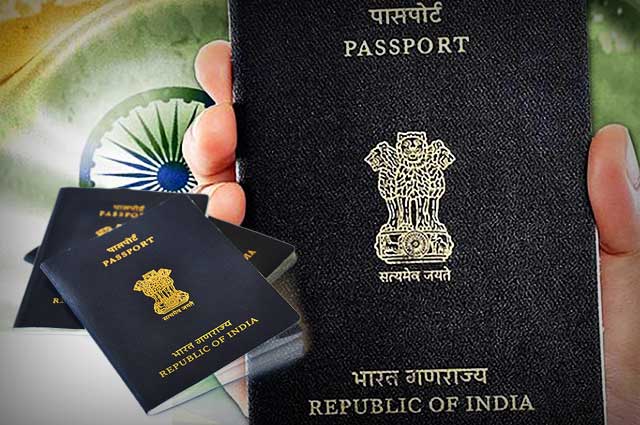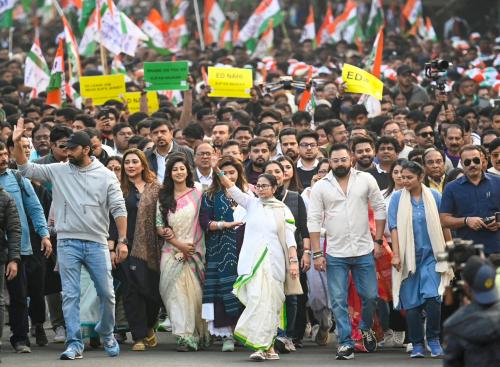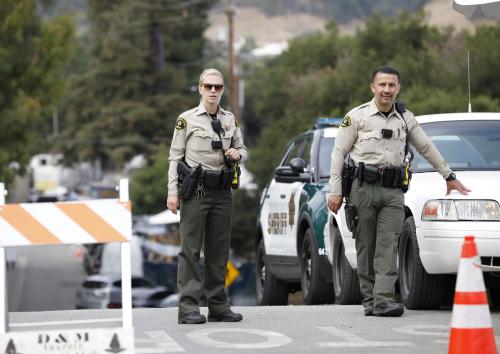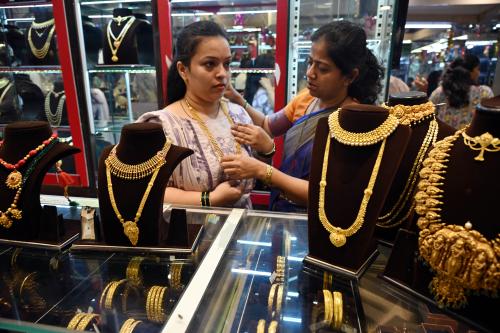New Delhi: The government has made a number of changes in passport rules over the past year with the objective of making registration of passports easier. The Ministry of External Affair, which handles the issuing of passports in India, released new passport rules in December 2016. Few changes have followed afterwards as well. We look at all the significant changes enforced in recent months. 1. Birth certificate requirement waived off: Prior to the enforcement of new passport rules, individuals had to submit their birth certificate if they wished to obtain a passport. The process of enrollment was not completed if it wasn’t submitted. The rule applied to applicants who were born on or before January 1, 1989. The requirement has now been waived off and the document made an option for registration. Applicants can now submit either of the following documents as proof of date of birth: Birth certificate; Aadhaar; PAN card with date of birth (DoB); transfer/school leaving/matriculation certificate with DoB. It also allows a copy of the extract of the service record of the applicant (only for government servants) or the Pay Pension Order (only for retired government servants. One could also submit driver’s license, election photo identity card or policy bond issued by public life insurance corporations with applicant’s DOB. 2. Name of only one parent/legal guardian will do: The government now allows the applicant to fill details of only one parent or legal guardian if they choose to do so. This especially helps single parents who wish to obtain passports for their children. It is also not mandatory now to mention the father’s name in the application. The long demanded decision was taken after a special committee examined the issues that related to children with single parents and adopted children. 3. Fewer annexes: The number of annexes has also been reduced from 15 to 9. Annexes A, C, D, E, J, and K have been removed and provisions of some have been merged. You don’t need to get the annexures attested now as well. Previously, there was a requirement to get them attested from a notary/first class judicial magistrate/executive magistrate. All that you need to do is self-attest the document on plain paper instead of a stamp paper. 4. Marriage certificate and divorce decrees not mandatory: Married applicants would not be required to provide the erstwhile Annexure K or any marriage certificate. Now, the applicants also do not have to submit the marriage certificate or divorce decree if they are separated or divorced. This was required earlier. The applicant also doesn’t need to mention the name of the former spouse in the application. 5. Easier for orphaned children and children born out of wedlock: If an orphaned child is without a proof of DoB like matriculation certificate or a court order, the head of the orphanage or child care home can write a declaration for the child on the organisation’s official letterhead and that can be submitted with the application. If a child is born out of wedlock, the applicant can submit the extant Annexure C while submitting the passport application. 6. No NoC needed from superiors for government servants: Earlier, government servants could not get a passport without an Annexure B or no objection certificate (Annexure M) obtained from their superior officials. If the person, now, is in dire need of a passport and can’t wait to obtain the certificate, a self-declaration on Annexure N can be submitted at the time of application. Annexure N will state that the person has given prior intimation to their employer that they are applying for an ordinary passport. 7. Deed waived for in-country adoption: While applying for passport of in-country domestically adopted children, one need not submit the registered adoption deed. One can simply, in the absence of a deed to this effect, can simply submit a declaration written and signed on a plain paper that confirms the adoption of the child. 8. Aadhaar mandatory: The government has now made it mandatory for an applicant to furnish the details of his/her Aadhaar and UID number while applying for a passport. The person will now also have to make an in-person appearance for obtaining the passport after the biometric verifications are done and the officials are convinced that there is no impersonation involved. Earlier, passports were delivered to an applicant’s home via registered post.
Planning to apply for Indian passport? Here are some changes in rules that you need to know
- by Rinku
- July 24, 2017 2 minutes

indian-passport










